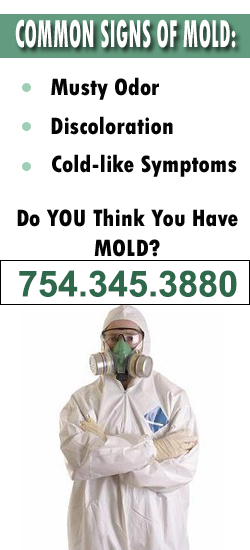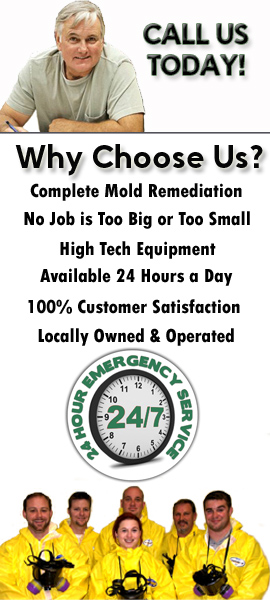Florida homeowners are known to dread the humidity and effects of a tropical climate on their homes. While living down south provides an escape from brutal cold winthers, it does pose some additional challenges for property owners. Detecting black mold growth in the attic is crucial to address potential health risks and prevent further damage.
Some Tips To Spot Black Mold Growing in Your Florida Home or Condo
- Musty Odor: A persistent musty or earthy smell in the attic is often a clear indication of mold growth. If you notice an unpleasant and distinct odor that persists despite cleaning or ventilating the area, it may be an indication of black mold colonies.
- Visible Mold Growth: Check the attic thoroughly for any visible signs of mold growth. Black mold often appears as dark patches or spots on surfaces such as wood, insulation, or drywall. Keep in mind that mold can take on different colors and textures, so any suspicious growth should be inspected by a professional.
- Water Stains or Discoloration: Look for any water stains, discoloration, or dark spots on the ceiling or walls of your attic. These are signs of moisture intrusion or leaks that create an ideal environment for mold growth. Even if you don’t see mold directly, the presence of water-related issues increases the likelihood of mold development.
- Peeling or Bubbling Paint: If the paint on the attic walls or ceiling is peeling, bubbling, or blistering, it may be an indication of moisture damage caused by mold growth. The moisture from mold colonies can cause paint to lose adhesion and deteriorate over time.
- Allergic Reactions or Health Symptoms: Black mold releases spores into the air, which can trigger allergic reactions or cause respiratory issues in susceptible individuals. If you or your family members experience unexplained allergies, persistent coughing, sneezing, itchy eyes, or respiratory problems that worsen when spending time in or around the attic, it may be a sign of black mold presence.
If you notice any of these warning signs, it is essential to take immediate action. Consult with a professional mold remediation specialist, like the experienced pros from Fort Lauderdale Mold Remediation, to assess the situation, identify the source of moisture, and safely remove the mold. DIY attempts to clean or remediate black mold are not recommended, as improper handling can lead to the further spread of spores and potential health hazards.




